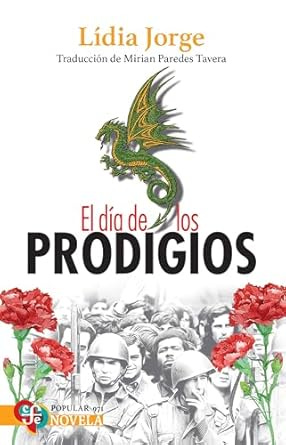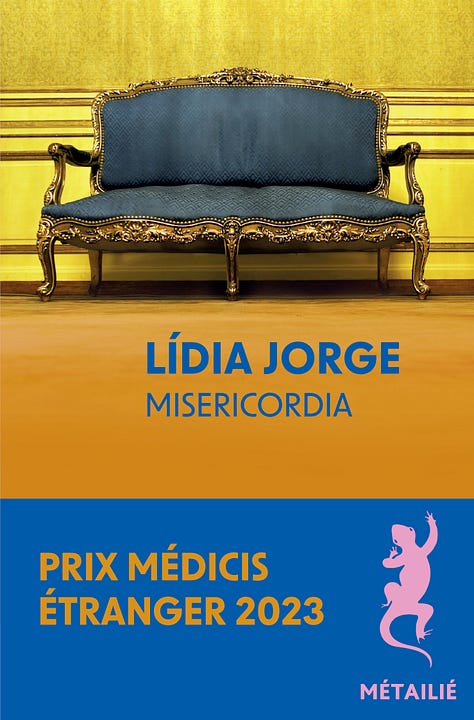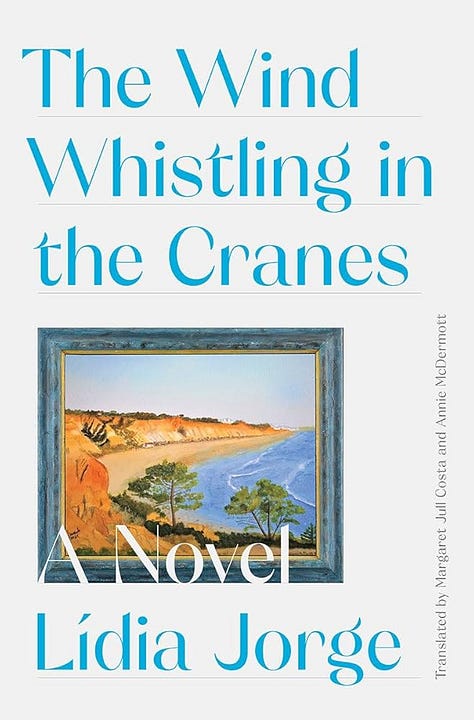President Marcelo urges Portugal to renew itself
The President made the call on his final Portugal Day celebration, which this year took place in Lagos. Renowned author Lídia Jorge has also been praised by her speech at the ceremony.

In an emotionally resonant last address in the Portugal Day (Portugal, Camões, and Portuguese Communities Day) celebrations, President Marcelo Rebelo de Sousa urged the Portuguese people to “renew” the country for a new era, one defined by unity, inclusivity, and historical awareness.
The speech was delivered on Tuesday during the official celebrations, which this year took place in Lagos.
Reflecting on 50 years of democracy, Marcelo described this moment as a pivotal “new cycle in our history,” one that requires the nation to confront its challenges and divisions.
He warned against the rise of extremism, xenophobia, and racism, saying Portugal's future must be built on the recognition of its diverse roots.
“There is no one who can claim to be more pure or more Portuguese than anyone else,” the President said, recalling the country’s history as a crossroads of cultures.
“We are Portuguese, and we are universal. And we are universal because we are Portuguese.”
He emphasized that rebuilding Portugal for the future must begin with acknowledging and addressing long-standing social issues, particularly poverty.
“We must take care of those who have been left behind, or are falling behind. And they are always between two and three million. And they have been many for a long time.”
Marcelo also used the occasion to pay tribute to the Portuguese Armed Forces.
In a symbolic gesture, he awarded the Grand Collar of the Military Order of Avis, a decoration never before bestowed, to former President António Ramalho Eanes.
The move was intended as a broader homage to the military’s role in the country’s history and democratic transition.
A Broader Cultural Warning

The theme of resisting extremism was echoed in a powerful address by renowned author Lídia Jorge, president of this year’s commemorations committee.
Speaking before the President, Jorge invoked Portugal’s colonial and racial history to caution against the revival of nationalist myths and historical revisionism.
“By the 17th century, it is estimated that 10% of the Portuguese population had African ancestry,” she said.
“They did not invade us, we brought them here, often forcibly. We mixed. Which means no one here has pure blood.”
The full text of the speech can be found here.
Jorge, who originates from Loulé, Algarve, described the current moment as one of global transformation and warned of the rise of authoritarian figures and the dangers of a technologically dominated society that turns citizens into passive “followers.”
“The mad power allied with technological triumphalism turns the Earth into a bauble fought over by competing necks,” she said in a veiled reference to global political figures such as Donald Trump and Elon Musk.
“Citizens have been reduced to audiences watching pocket-sized screens, and their idols are ghosts.”



Ten Days of Celebration in Lagos
This year’s Portugal Day celebrations were held in Lagos, a historically symbolic city tied to Portugal’s Age of Discoveries and colonial expansion.
The event began on June 1 and included a range of cultural and military ceremonies, such as the Expo Forças Armadas, concerts by military bands, and parades.
On the holiday itself, June 10, festivities culminated with a military ceremony on Avenida dos Descobrimentos, a naval display, and the lowering of the national flag in Praça Infante D. Henrique, followed by a closing concert by the Orquestra do Algarve.
The final concert was also to serve as a tribute to Portuguese singer Nuno Guerreiro, who died in April at the age of 52.
His planned participation was remembered with special mention in Marcelo’s earlier public statement of condolence.
This year marked the second Portugal Day under Prime Minister Luís Montenegro, following the March 2025 snap elections and the formation of the 25th Constitutional Government led by the PSD/CDS-PP coalition.
Marcelo, who initiated the dual model of commemorating the national day both in Portugal and with Portuguese communities abroad during his presidency beginning in 2016, ends his term having maintained that approach throughout.
His choice of Lagos for 2025, announced in February, carried both historical and symbolic weight for a president increasingly vocal about inclusion, memory, and national identity.
As he concluded his final June 10 address, Marcelo left the country with a call to action: “Recreating Portugal is our first duty in this new cycle of our history.”



